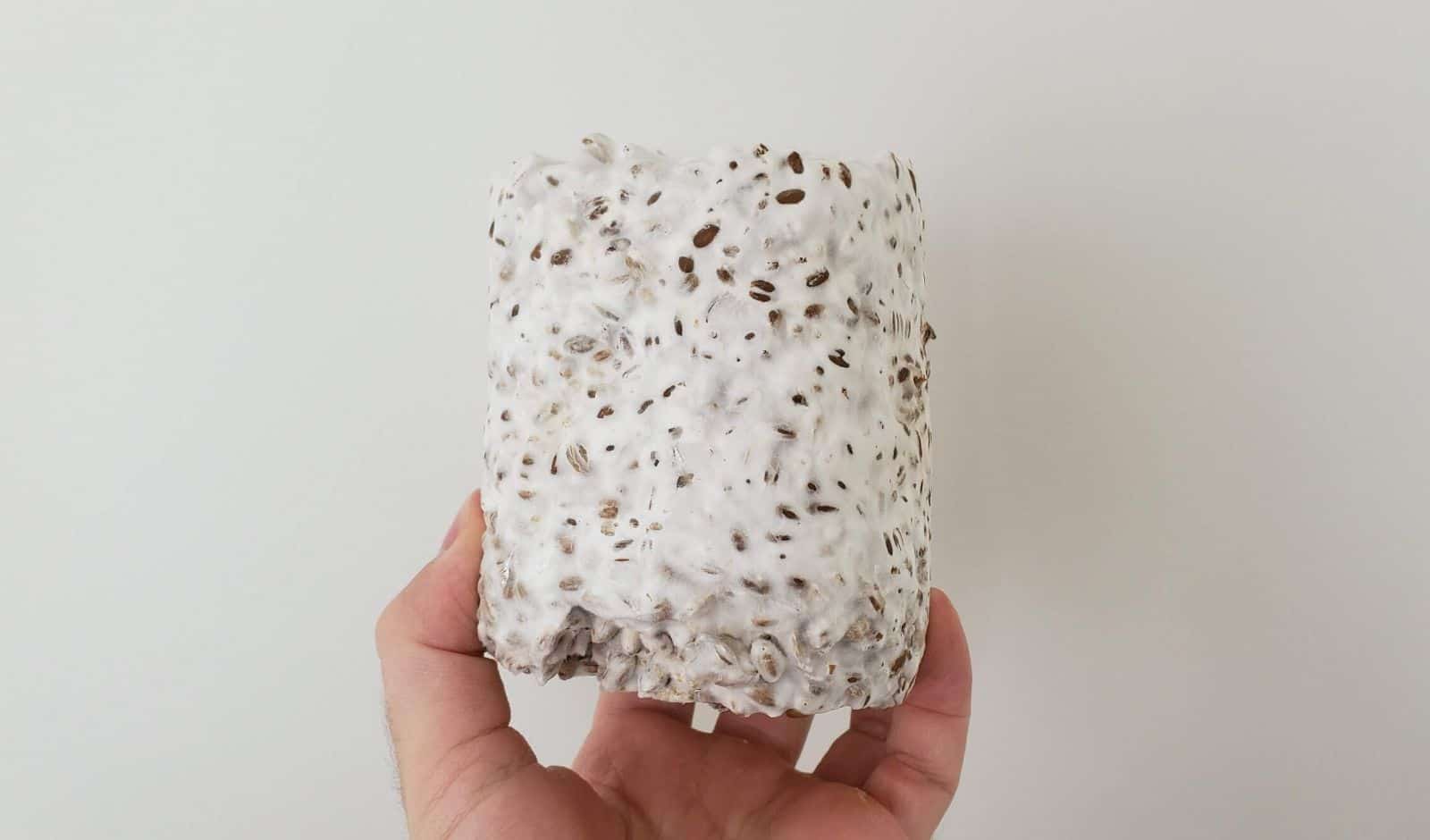Although we likely don’t discuss it at the water cooler,
74% of Americans live with gastrointestinal (G.I.) discomfort and symptoms like gas, diarrhea, bloating and abdominal pain. Not fun. For some, this is a chronic but not life-altering (or threatening) condition. For others, it could be a sign of a more serious underlying complaint. Either way, if any of this sounds like you, then you need to see your health care practitioner as soon as possible. Once you’ve done that and taken their advice, come back here. Because research is increasingly showing that the best medicinal mushrooms can relieve symptoms, reduce pain and heal our G.I. problems. Please take note that this is not intended to give you medical advice, just an idea of the
healing properties of these amazing mushrooms and how they might help in this huge area of health concern. Further human testing is required, but the results so far are exciting and give cause for some hope beyond the world of pharmaceuticals and invasive surgery.
5 Common Gut Health Issues and How Medicinal Mushrooms Could Help
These are the most common digestive complaints among Americans. My intention is just to give you an overview of each, and how fabulous fungi might provide relief.
1. Irritable Bowel Syndrome
Irritable Bowel Syndrome (IBS) is really just a collection of long-lasting symptoms without an underlying cause. They might include abdominal pain and changes in bowel movements. Basically, it’s miserable. And it affects an estimated 10 to 15% of the adult U.S. population. Since IBS is usually deemed “idiopathic” (i.e., lacking an obvious cause), treatment is difficult and usually a matter of trial-and-error for the sufferer. It will usually involve elimination diets and symptom monitoring, striving to see if there is a pattern, rhyme or reason. Recently, healthcare professionals have increasingly been suggesting low FODMAP diets to IBS sufferers. This is often thought to exclude all mushrooms which are considered high FODMAP. FODMAPs are among a group of compounds believed to contribute to IBS. They are a collection of short-chain carbohydrates and sugar alcohols which are either naturally occurring in foods or appear as additives. For the geeks out there, FODMAP stands for fermentable oligosaccharides, disaccharides, monosaccharides, and polyols. However, according to a
study by Monash University in Australia, oyster mushrooms are actually low FODMAP, as are shimeji mushrooms and small quantities of dried shiitakes. Not only that, but turkey tail medicinal mushrooms contain a prebiotic polysaccharide called PSP which randomized clinical trials have shown to encourage the growth of good bacteria in the gut. Good news not only for those with IBS, but for everyone’s health, since gut flora is so closely linked to mental wellbeing and the immune system. In itself, this is a huge area of study we are only beginning to explore, but it seems likely that medicinal mushrooms can play a significant positive role.
2. Ulcerative Colitis (U.C.) and Crohn’s Disease
Yes, technically that is two diseases, but since they are often collectively referred to as “Inflammatory Bowel Disease” (not to be confused with IBS) and have many symptoms in common, let’s look at them together. Briefly, U.C. and Crohn’s can cause frequent diarrhea, bleeding, weight loss, fever, abdominal pain, cramps, and fatigue. In U.C however, the inflammation is limited to the innermost lining of the large intestine. The risk of nasty complications is high in both illnesses and symptoms can worsen over time. The treatment for both usually involves pharmaceuticals and sometimes surgery. Thankfully the best medicinal mushrooms show promise in helping sufferers.
Lion’s mane mushrooms were found to have an
anti-inflammatory effect in mice with U.C. in a 2016 study. Although more research is needed, this is an exciting discovery for those who suffer from these two debilitating illnesses.
3. Constipation
Back to more garden variety gut health problems, let’s “look” at constipation. Americans spend
$725 million per year on laxatives. That’s a lot of people dealing with a lot of blockages. How can medicinal mushrooms help? Cordyceps, Reishi, and Shiitake have been used to relieve constipation for hundreds of years in eastern medicine due largely to their high fiber contents.
4. Peptic Ulcer
25 million Americans will get a peptic ulcer at some point in their lives. The culprit is the Helicobacter pylori (H pylori) bacterium which disrupts the mucus lining of the stomach or small intestine and causes sores. The result? Unexplained stomach pain which could be significantly worsened by reaching for aspirin or other painkillers. Depending upon how long they’ve gone untreated, peptic ulcers can be dealt with by antibiotics or minor surgery. However, a number of studies have shown the anti-ulcer activity of lion’s mane mushrooms, which has been narrowed down to the effect of a
particular polysaccharide fraction.
5. Acid Reflux/Heartburn/Gastroesophageal Reflux Disease (“GERD”)
These different titles represent – at various levels of severity – the effect of stomach acid refusing to remain in the stomach. At its most serious, GERD can damage the esophagus over time and even cause esophageal cancer. No joke. What’s more, Americans spent
$6 billion on the leading acid reflux drug in 2012. This is not just “a bit of heartburn.” Lion’s Mane and Reishi mushrooms can help here. Lion’s Mane helps to protect mucous membranes and helps them to regenerate, while Reishi counteracts inflammation. Both contain amino acids which can help to balance the effect of inflammation and infection.
Enjoy the Benefits of Mushrooms for Gut Health
Turkey Tail, Lion’s Mane, Cordyceps, Reishi, and Shiitake are well worth adding to our medicine cabinet in the pursuit of gut health. Whether you’re fighting acid reflux or are dealing with a debilitating
digestive condition, medicinal mushrooms could be your gut health heroes. And if you're seeking a holistic approach to wellness beyond gut health, consider incorporating
mushroom blends into your daily routine for their potential to support overall well-being.


